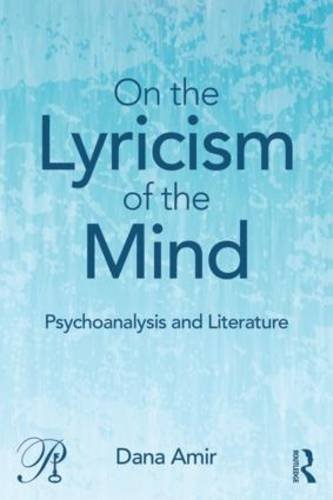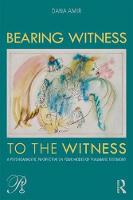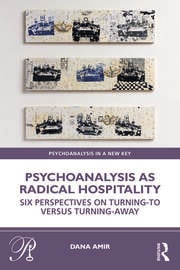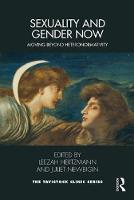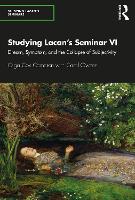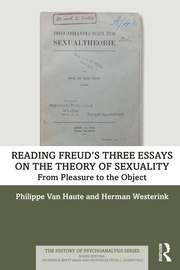Psychoanalysis on the Verge of Language: Clinical Cases on the Edge
Part of Psychoanalysis in a New Key series - more in this series
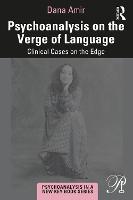
Book Details
- Publisher : Routledge
- Published : September 2021
- Cover : Paperback
- Pages : 110
- Category :
Psychoanalysis - Catalogue No : 95896
- ISBN 13 : 9781032023700
- ISBN 10 : 9781032023
There are currently no reviews
Be the first to review
This book examines the importance of language and writing in psychoanalytic theory and practice, offering an understanding of how language works can give a deeper insight into the psyche both in clinical practice and everyday life.
Bringing together psychoanalytic insights that hinge on the language of "difficult cases", this collection also includes contributions dedicated to meta-study of psychoanalytic writing. The first chapter shows how music includes tonal regions that deploy existing rules and syntax, alongside atonal ones dominated by caesuras, pauses, and tensions. The second chapter discusses the malignant ambiguity of revealing and concealing typical of incestuous situations, pinpointing how the ambiguous language of incest "deceives by means of the truth,". The third chapter brings in Virginia Woolf's character Orlando in order to illustrate two types of gender crossing. Distinctions defined by the linguist Roman Jakobson help in the fourth chapter to offer an integrative description of obsessive-compulsive phenomenon as an interaction between metaphoric and metonymic dimensions, as well as with a third, psychotic dimension. The fifth chapter focuses on what is called the "screen confessions" typical of the perpetrator's language. George Orwell's "newspeak" is used here to decipher the specific means by which the perpetrator turns his or her "inner witness" into a blind one. The final chapter uses Roland Barthes' concepts of "studium" and "punctum" to discuss the limits of psychoanalytic writing. As a whole, this book sets the psychoanalytic importance of language in a wider understanding of how language helps to shape and even create internal as well as the external world.
Drawing on insights from psychoanalytic theory and practice, as well as from linguistics and cultural theory, this book will be invaluable for psychoanalysts, psychoanalytic psychotherapists and bibliotherapists, as well as anyone interested in how language forms our reality.
About the Author(s)
Dr Dana Amir is a clinical psychologist, psychoanalyst, poetess and literature researcher. She is the author of four poetry books and two psychoanalytic non-fiction books. She is the winner of the Adler National Poetry Prize (1993), the Bahat Prize for Academic Original Book (2006), the Frances Tustin Memorial Prize (2011), the Prime-Minister Prize for Hebrew Writers (2012), and the IPA Sacerdoti Prize (2013). Cleft Tongue, her second non-fiction book, has recently received the Israel Science Foundation Grant. Dana Amir's papers were published in psychoanalytic journals and presented at national and international conferences. She is a lecturer at Haifa University and practices psychotherapy and psychoanalysis.
Customer Reviews
Our customers have not yet reviewed this title. Be the first add your own review for this title.
You may also like
Studying Lacan’s Seminar VI: Dream, Symptom, and the Collapse of Subjectivity
Olga Cox Cameron
Price £31.99
Reading Freud's Three Essays on the Theory of Sexuality: From Pleasure to the...
Philippe Van Haute
Price £26.99
save £3.00


